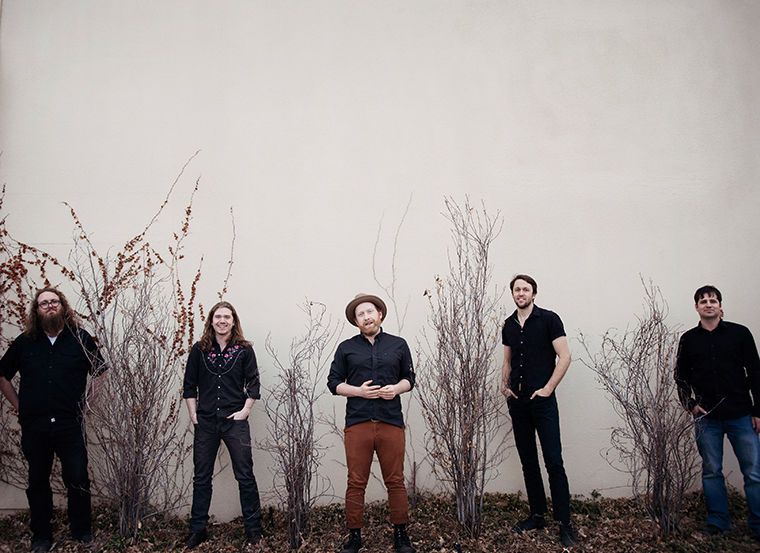The Lil Smokies take ‘two cups of coffee’
The Lil Smokies will be performing Feb. 1, at Lincoln Hall, 2424 N. Lincoln Ave
January 29, 2018
After becoming the 2016 International Bluegrass Music Association’s Momentum Band of the Year, fervent bluegrass crusaders The Lil Smokies surged into high acclaim and are now bringing their electric sound nationwide.
The Montana-based band formed in 2009 in the frigid belly of a Missoula winter. Its transformation throughout the years has netted it two full-length albums. The band’s frenetic style has made it a force in progressive bluegrass that will storm into Lincoln Hall, 2424 N. Lincoln Ave., Feb. 1.
The Chronicle spoke with The Lil Smokies’ lead singer, songwriter and dobro player Andy Dunnigan to talk about humility, bluegrass and literature’s influence on music.
THE CHRONICLE: If you had to give an ethos to bluegrass music, what would it be?
ANDY DUNNIGAN: It’s community-based, as far as how I came to it. It’s almost like jazz, too, in a way, where there’s this pre-existing catalogue of songs and fiddle tunes and it’s predicated on this community of people all understanding this language. That was a huge part of my love for it. Learning these “standard tunes” and then everyone getting around in a circle, and because acoustic is so mobile, you could sit outside, or sit on the front porch. It was a really cool way to meet a lot of people.
How do shows in cities like Chicago compare to shows back home in Missoula?
I remember the first time I pulled into Chicago, it was kind of my first trip to a big city before and there’s a different kind of energy. It’s a palpable, frenetic energy and I never really experienced that before. Just even walking through the streets and looking down—it’s like drinking two cups of coffee just by being in the city and having that osmosis with you. We take that onstage, and some of our best shows are in Chicago and in New York and it’s foreign territory, but we perform really well.
What other kinds of art have influenced your songwriting?
I was an English major in college and I studied poetry and I was heavily influenced by the beat generation—Kerouac, Ginsberg and Gary Snyder— who I found as I was working up at Glacier National Park. I try to utilize a lot of those techniques in songwriting. I never even graduated or got my degree, but I’m still putting it to use.
On your newest album Changing Shades, the songs are noticeably shorter and seem to have a more forward vocal sound. Why is that?
That was intentional. We actually worked with a producer named Rob Gordon, and we went up to Boulder, [Colorado], where he lives and we hung out at his house in the hills. All the songs were pretty much the same length as the first album—five, six, even seven minutes long—and we decided to chop them up and be a little more intentional and a little more poignant and be a little more listener-friendly than the first album. We chopped out a lot of solos and a lot of space. He came from a standpoint of radio-friendly songs and trying to hook the listener right away. That was an experience that was very different and some of the songs benefited from it a lot.








